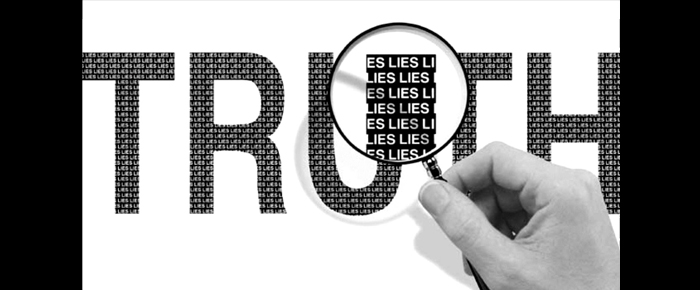
By Haddon Libby
Many investment advisors make used car salesmen seem like a group of Mother Theresas (apologies to used car salesmen). The difference between the two is that you know what to expect on a used car lot. Investment advisors are worse in that they woo you with friendship, charm and sometimes knowledge while trumpeting the strength and stability of their firm while quietly picking your pocket in the process.
More often than not when it comes to the cost for their services, they fail to tell you everything that they charge. Some of that failure is hidden in the ADV forms that every investor is required to receive but seldom read.
By saving only 0.60% in costs over a lifetime of savings, an investor has five more years of income in retirement. Quite often, the only thing higher costs get you is a lower return.
Instead of getting caught up in the monotonous inside baseball of the investment advisory business, I will use one simple example to show you how this works.
Let’s assume that one of the investments suggested to you is the mutual fund of the fictional company, High Beta. High Beta pays a sizable annual fee to the brokerage company that recommended that investment to you. Neither your investment advisor nor their brokerage firm has to disclose this ‘little’ conflict of interest to you other than in those pesky ADV forms that you have never read as well as page 123 of the 300 page prospectus document written in three font in legalese by High Beta. Additionally, High Beta pays bonuses to the brokerage firm for investments directed to them. The Obama Administration tried to change this only to be struck down by the Republican House of Representatives last year. Why Obama waited until his final days is unknown yet he eventually tried to fix this clear and legal conflict of interest.
Additionally, many investment advisors will start you out with low cost mutual funds and then shift you over time to more expensive funds that pay your investment advisor and their brokerage firm even more money in the form of 12b-1 and marketing fees.
These additional fees can cost you anywhere from 0.01% to 2.50% more than you think you are paying. Most mutual fund companies have at least one class of funds available to pay brokerage firms who want these additional revenue streams. While these costs are disclosed in small type of those annual disclosures, I have yet to find an investment advisor or brokerage firm that willingly told their clients in an obvious manner that they were making more via this deceptive practice.
You can avoid these hidden and undisclosed fees in a couple of ways. First, you can manage your money yourself. The risk with that approach is that you are busy making money and your time is probably better spent on other things that you are better at.
Another way is to have your investment advisor and their brokerage firm put in writing that they never receive indirect or third party payments on anything that they do with you. If they will not give you that assurance in writing, find someone else who will.
As for me, I will only manage money for a flat fee with no hidden charges of any kind as I believe that it is a betrayal of a client’s trust to make money from your client without their knowledge.
Haddon Libby is the Managing Partner of Winslow Drake Investment Management and can be reached at 760.449.6349 or via www.WinslowDrake.com.
PS: A prevaricator is someone that evades telling you the truth.








































